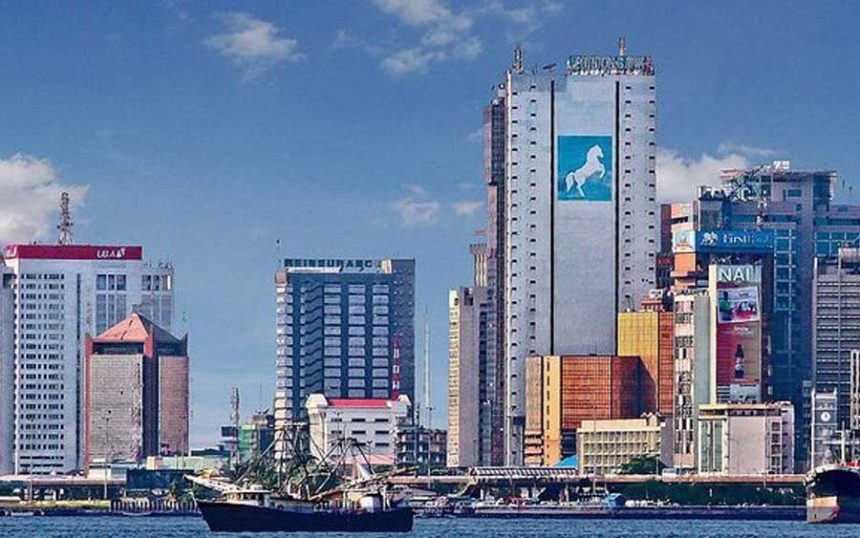Experts have sounded an alarm over the state of Nigeria’s banking sector and call for immediate reforms to avoid a potential economic crisis that could severely impact businesses, entrepreneurs, and ordinary citizens.
Speaking at the latest session of the People’s Parliament, a public forum organized by Rescue Nigeria, the panelists highlighted high interest rates, inadequate regulatory oversight, and outdated banking infrastructure as critical issues threatening Nigeria’s financial stability, warning that these factors could lead to significant economic disruption if left unchecked.
In a discussion themed “Getting Banking Right in Nigeria,” financial professionals gathered to examine systemic issues facing the sector. They expressed concern that high borrowing costs—exacerbated by inflation and a weakening naira—are stifling economic growth and discouraging investment. Panelists urged the Central Bank of Nigeria (CBN) to consider adopting a more flexible monetary policy that could alleviate debt burdens on borrowers, encourage business activity, and help drive economic recovery.
The panelists, including Sir Adegbenga Olufemi Badejo, a seasoned chartered accountant; Ademola Oni, an investment banker-turned-energy entrepreneur; and Ibukun Akinyinka, a chartered accountant with international experience, also pointed to pervasive dissatisfaction among bank customers. Many Nigerians, they said, are frustrated with poor customer service, high fees, frequent service interruptions, limited access to affordable credit, and a general lack of innovation.
According to moderator Funke Anikeade Treasure, a veteran broadcast journalist, these issues have spurred a national conversation on the urgent need for a more responsive and efficient banking sector.
The panel issued several recommendations to address these challenges. First, they called on banks to prioritize customer service by investing in technology and training their staff to enhance service quality. They emphasized that banks should also adopt fair and transparent fee structures, ensuring that all charges are both reasonable and clear to customers.
In addition, they highlighted the need for robust technology infrastructure to reduce service disruptions and improve digital banking experiences. To meet the evolving demands of consumers, banks must embrace digital transformation and develop innovative products that address real-world financial needs.
In terms of regulatory oversight, the panelists argued that the CBN should strengthen its framework to ensure fair practices and protect consumer interests. They emphasized that enhanced enforcement of regulations is critical to promoting transparency, accountability, and consumer confidence in the banking system.
Furthermore, they encouraged banks to expand services to underserved rural areas to promote financial inclusion and economic development nationwide. Given the rising threat of cybercrime, panelists also stressed the importance of investment in cybersecurity to protect sensitive customer data.
The panel also discussed the role of Fintech as a bright spot in Nigeria’s financial landscape, pointing to its potential to revolutionize financial services delivery, particularly in underserved communities. However, they cautioned that Fintech’s impact will be limited without supportive regulation, widespread digital literacy, and improved internet infrastructure. The panel urged the government to prioritize technology development to enable broader access to financial services.
Rescue Nigeria, also known as the Initiative for Good and Informed Citizenship, has pledged to continue advocating for banking reforms as part of its mission to promote accountability and good governance in Nigeria.
According to Biodun Durojaiye and Tunde Odediran, signatories for Rescue Nigeria, the organization remains committed to engaging policymakers, regulators, and industry leaders in the push for a more efficient, inclusive, and equitable banking system. By addressing these pressing issues, they believe Nigeria can unlock its full economic potential, empowering citizens and fostering long-term growth.






